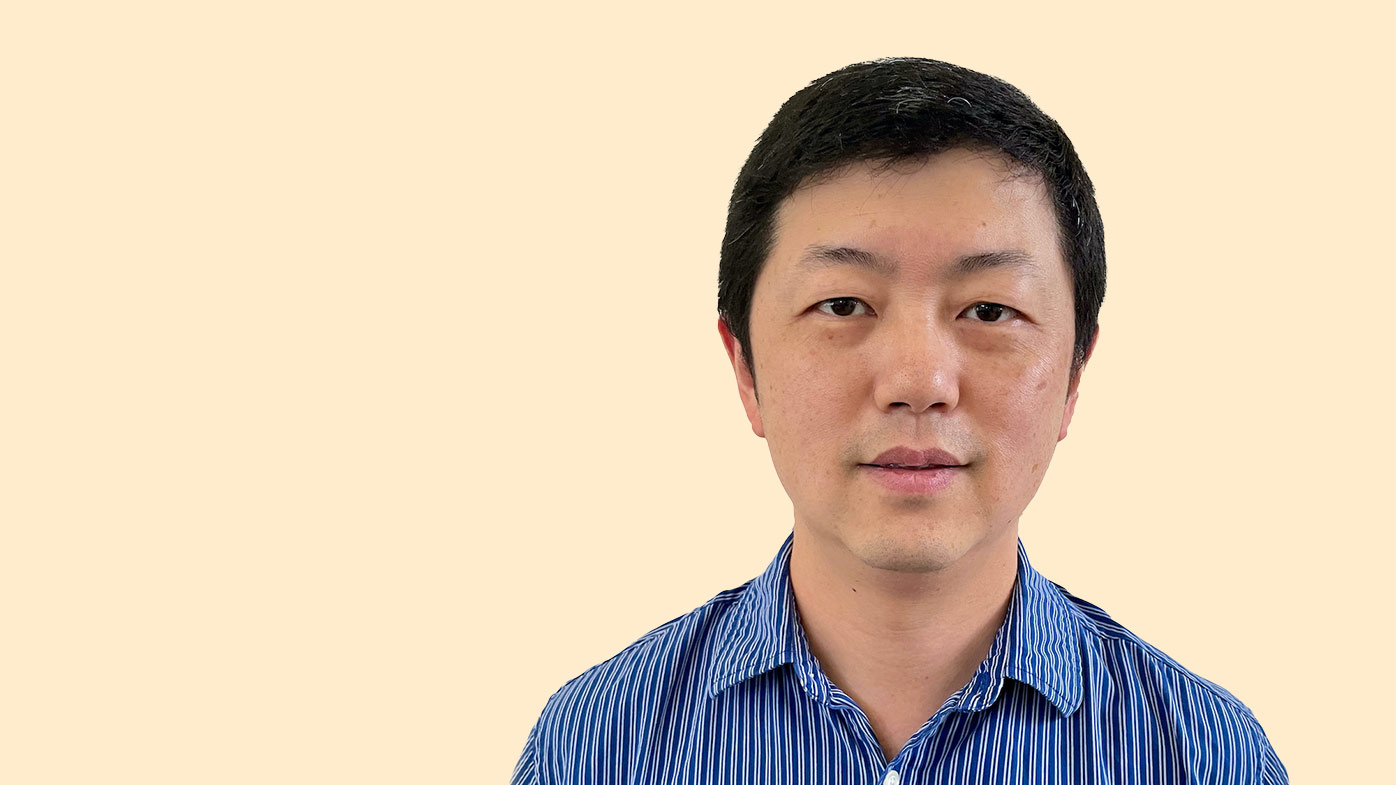Featured Researcher: Jinyi Zhu – Bristol Myers Squibb

Jinyi Zhu, PhD
Senior Principal Scientist, Protein Homeostasis Structural Biology
San Diego, CA
Biography
Based out of Bristol Myers Squibb’s San Diego, CA, site, Jinyi Zhu and the Protein Homeostasis Structural Biology team work to identify proteins within the human body that, if targeted for degradation, could transform patient outcomes in diseases with serious unmet need such as cancer and lupus.
A crystallographer by training, Jinyi has been fascinated by elucidating the structure of small molecules and proteins with advanced imaging techniques since he was an undergraduate student majoring in chemistry at Nanjing University. While trying to decide on a direction for his PhD, he became familiar with the ways in which influencing or modifying biological compounds (such as proteins) can have implications for drug development.
“I found it to be interesting how compounds can interact and affect your protein of interest, changing the function of that protein in real time,” Jinyi says. “The more we understand these processes, the better it is for the patient. That’s the really amazing part of this career.”
Jinyi received his PhD in chemistry from the University of Georgia, and then jumped head-first into cancer research as a post-doctoral fellow at the Moffitt Cancer Center and Cancer Research Institute. He found his way into the field of protein homeostasis in 2018 when he started in the structural and chemical biology group at Celgene. Following Bristol Myers Squibb’s acquisition of Celgene in 2019, Jinyi became a member of the Protein Homeostasis Structural Biology team. Using single particle cryo-electron microscopy and X-ray crystallography, this group is a major contributor to the company’s deep understanding of disease biology, which is helping to unlock new therapeutic approaches across the pipeline.
“We are aiming at better and better resolution and the ability to record smaller and smaller proteins so that we can understand in a more consistent way how proteins interact,” Jinyi says.
Interests and Expertise
Outside of his work in the lab, Jinyi is an avid gamer. He uses video games as a tool to relax his brain, but he also says that playing video games helps his brain overcome different challenges and adapt to tackling problems. He likens his strategic approach in the games he plays to his research, starting with a hypothesis on the best way to overcome each obstacle in front of him and then testing it by gathering new knowledge – whether it be evidence in the lab or new skills or resources in the game – to prove or disprove that hypothesis.
“Every video game is data processing,” Jinyi says. “The game is written as a code, as a program, so it has certain criteria. You have to know how to beat the system – you're trying to use the maximum number of tools or the right strategy that’s needed to ‘win.’ It’s the same line of thinking I use in the lab.”
Additionally, Jinyi is a member of the People Strategy: Engagement and Wellbeing Team, an internal working group at Bristol Myers Squibb that supports the mental health and wellness of employees through initiatives to build more bridges between interconnected teams, enhance employee communication and provide resources that support employee wellness.